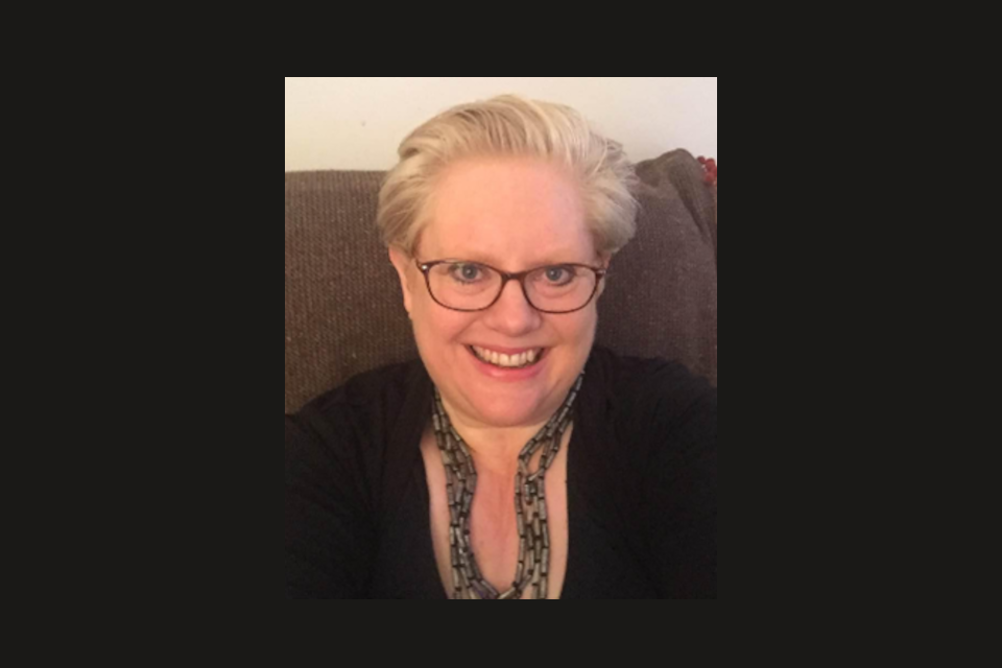
“Every child has the right to express their views, feelings and wishes in all matters affecting them, and to have their views considered and taken seriously," it states.
However, we know that many children have difficulty expressing themselves and understanding everyday language; these are significant barriers to children having a voice in shaping their own support plans and accessing the services designed to help them.
The Royal College of Speech and Language Therapists (RCSLT) report that over half of children starting school have language delay. Poor communication skills are closely linked to social deprivation, which in turn increases the likelihood of the need for support from Early Help and Children’s Social Care. Therefore, the most vulnerable children are also the most likely to face difficulties in communicating their views and needs.
Register Now to Continue Reading
Thank you for visiting Children & Young People Now and making use of our archive of more than 60,000 expert features, topics hubs, case studies and policy updates. Why not register today and enjoy the following great benefits:
What's Included
-
Free access to 4 subscriber-only articles per month
-
Email newsletter providing advice and guidance across the sector
Already have an account? Sign in here

